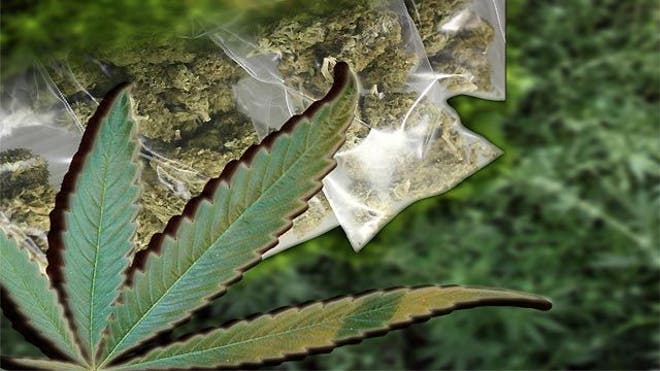“Extremely low doses of THC – the psychoactive component of marijuana – protects the brain from long-term cognitive damage in case of injury from hypoxia (lack of oxygen), seizures, or toxic drugs, a new study has claimed.
Medical cannabis is often used by sufferers of chronic ailments, including cancer and post-traumatic stress disorder, to combat pain, insomnia, lack of appetite, and other symptoms.
Now, Professor Yosef Sarne of Tel Aviv University”s Adelson Center for the Biology of Addictive Diseases at the Sackler Faculty of Medicine in US found the drug has neuroprotective qualities as well.
Sarne”s current research, published in the journals Behavioural Brain Research and Experimental Brain Research, demonstrates that even extremely low doses of THC – around 1,000 to 10,000 times less than that in a conventional marijuana cigarette – administered over a wide window of 1 to 7 days before or 1 to 3 days after injury can jump start biochemical processes which protect brain cells and preserve cognitive function over time.
This treatment, especially in light of the long time frame for administration and the low dosage, could be applicable to many cases of brain injury and be safer over time, Sarne said.
While performing experiments on the biology of cannabis, researchers found that low doses of the drug had a big impact on cell signalling, preventing cell death and promoting growth factors.
This finding led to a series of experiments designed to test the neuroprotective ability of THC in response to various brain injuries.
In the lab, the researchers injected mice with a single low dose of THC either before or after exposing them to brain trauma. A control group of mice sustained brain injury but did not receive the THC treatment.
When the mice were examined 3 to 7 weeks after initial injury, recipients of the THC treatment performed better in behavioural tests measuring learning and memory.
Additionally, biochemical studies showed heightened amounts of neuroprotective chemicals in the treatment group compared to the control group.
The use of THC can prevent long-term cognitive damage that results from brain injury, the researchers concluded.”
More: http://news.in.msn.com/international/article.aspx?cp-documentid=253106176



